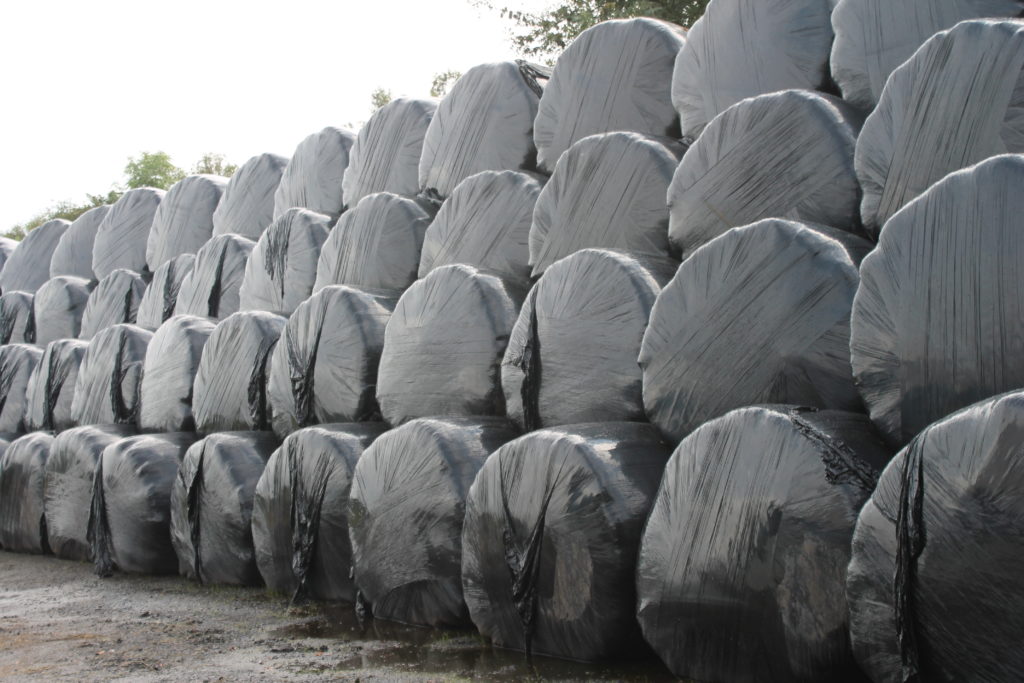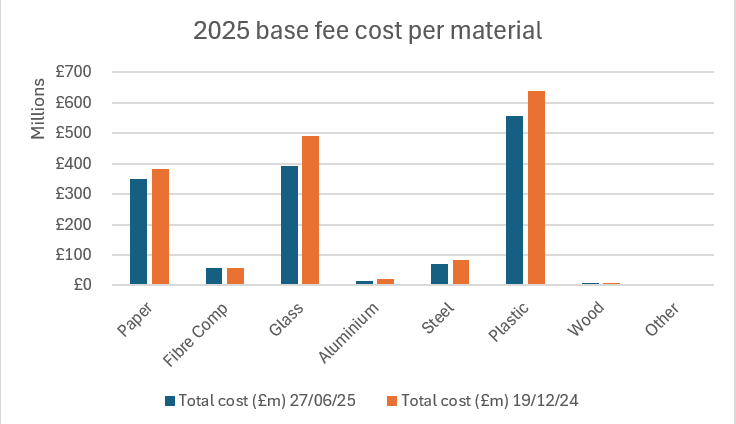This comes despite calls for the exemption being rejected by the Secretary and Treasury minister Helen Whately MP in parliament earlier this month (see letsrecycle.com story).
The treasury was lobbied by the Conservative MP for Amber Valley Nigel Mills, who says he has a number of farms in his constituency and also plastics specialists Berry bpi.
Fellow Conservative MP Robbie Moore and Douglas Ross of the Scottish Conservatives supported Mr Mills.
Farmers unions have also been calling for the film – used by farmers to preserve silage, hay and maize – to be exempt.
Update
In an update today (28 January) on its guidance on what is in-scope for the tax, HMRC has added a section on “plastic packaging components permanently recorded as set aside for non-packaging use”.
HMRC specifically mentioned silage film would be exempt under this amendment, saying the exemption “includes products that are primarily used for something other than packaging, such as film to enable the fermentation process to take place to make silage”.
However, it warned that this would only apply to a small number of highly specialised products, and businesses “must provide clear evidence to verify any claim for this exemption”.
‘Welcome’
The ruling was welcomed by the National Farmers’ Union (NFU) of Scotland’s environmental resources policy manager Sarah Cowie, who said: “We welcome this decision that properly recognises the integral role that plastic wrap plays in the production of silage.

“With input prices soaring, avoiding a taxation cost of £200 per tonne of wrap is also very welcome at this time.
“Appropriate alternatives to plastic wrap have yet to be developed but farmers and crofters remain committed to farming in the most environmentally friendly way.
“That sees widespread industry uptake of the schemes already available to collect silage film from farms, crofts and collection centres and recycle it.”
Film
Silage film is largely used in the winter to preserve crops for livestock. So far it has generally escaped environmental charges which have been imposed on packaging system through PRNs.
Large volumes of the film are recycled and there have been efforts to introduce a collection scheme for the material, with two rival schemes set up in 2019 (see letsrecycle.com story), but it is viewed by some as contaminated and expensive to collect and recycle.









Subscribe for free